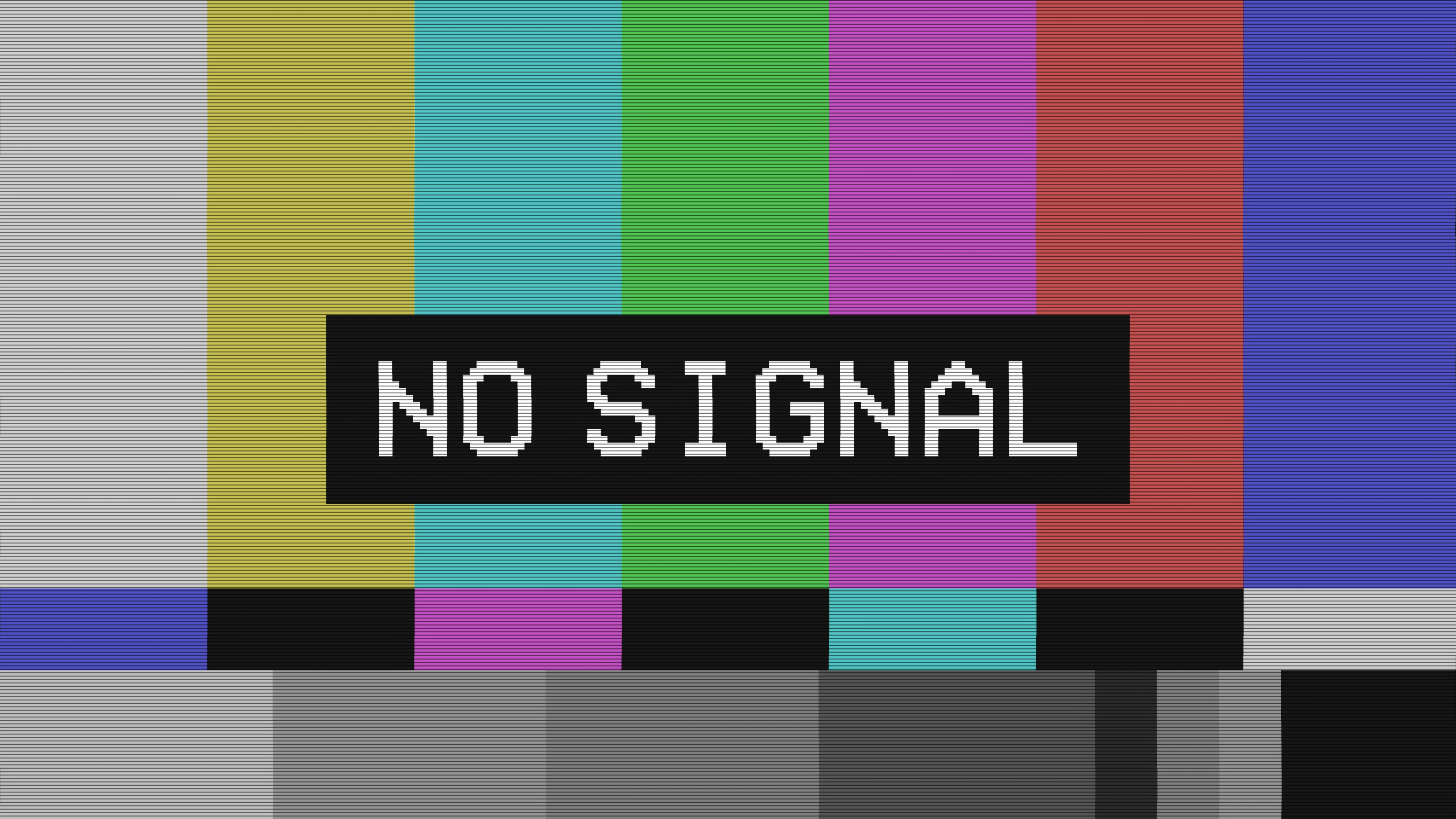BBC iPlayer chief has a go at smart-TV makers

Consumer Electronic makers have been accused of holding up the march of connected TV by failing to make the boxes simple enough to use.
Speaking at the UK Digital Television Group (DTG) summit in London last week, head of the BBC iPlayer catch-up service Daniel Danker compared the experience of using connected TVs unfavorably with the iPad, and said that this was putting people off using and buying them. Danker pointed out that the iPlayer gets four times more traffic from the iPad than from connected TVs, even though there are only twice as many of them being used for it.
“Even after connecting connected TV, audiences are presented with a list of choices that boggles the mind,” said Danker. “If you think about mobile, apps have revolutionized mobile phones because they are relevant.”
Danker added that the experience should be more like a TV than a PC, and should under no instance involve a firmware upgrade. Smart TVs will only fully gain consumer acceptance when the technology becomes invisible.
Even so, there is fast-growing demand for accessing catch-up services on TVs. So far, however, usage of the iPlayer in the living room is largely confined to subscribers of Virgin Media’s cable-based pay TV service, because the portal is an integral part of the package, integrated into the EPG. This is accounting for rapid growth of iPlayer usage on TVs, which is now increasing at a rate nearly double that of the iPad, and seven times the level of PCs. This is despite the lack of ease of use of connected TVs, and when that comes, demand for TV access to the iPlayer will skyrocket even further.
Danker also noted that the connected TV phenomenon was recreating demand for the red button facility on remote controls to access a range of related content easily. The BBC has been providing red-button service for some time for access to alternative games from a sporting tournament for example, or different camera angles.
The professional video industry's #1 source for news, trends and product and tech information. Sign up below.
